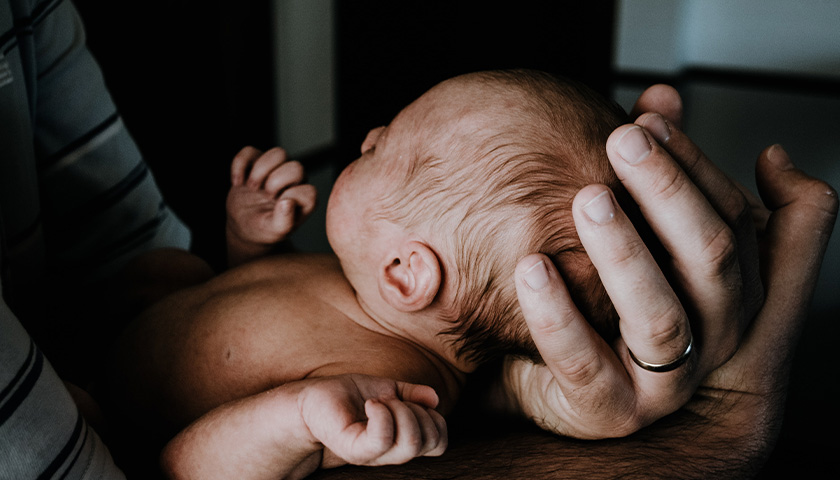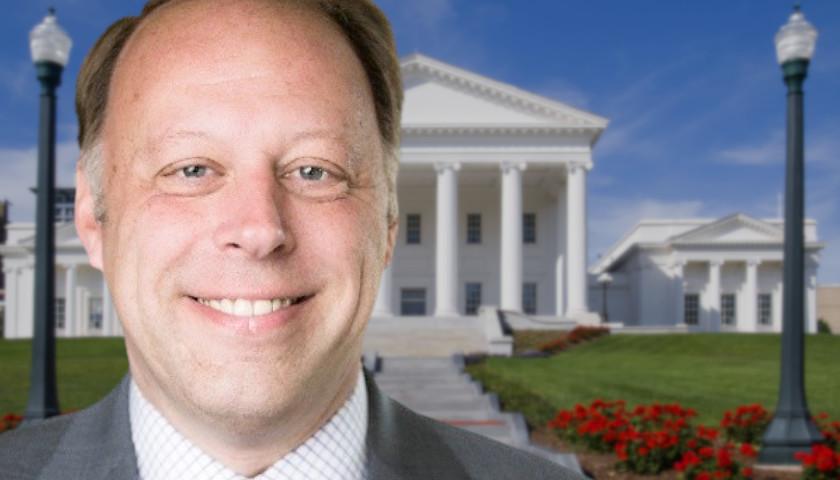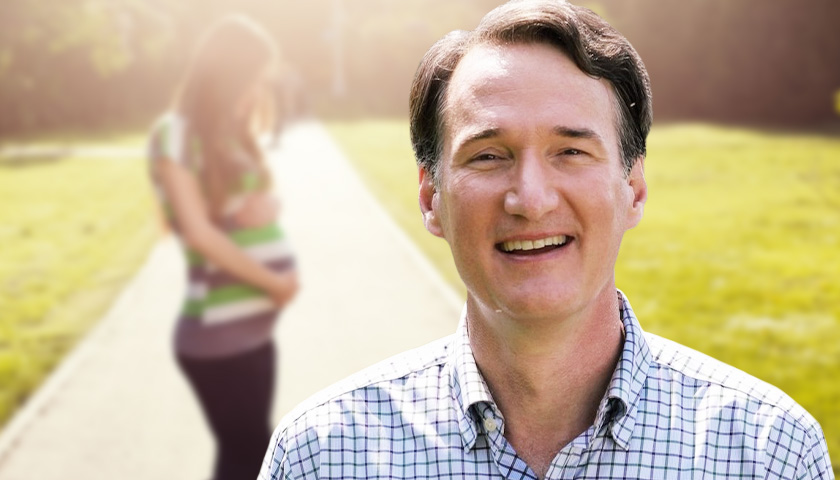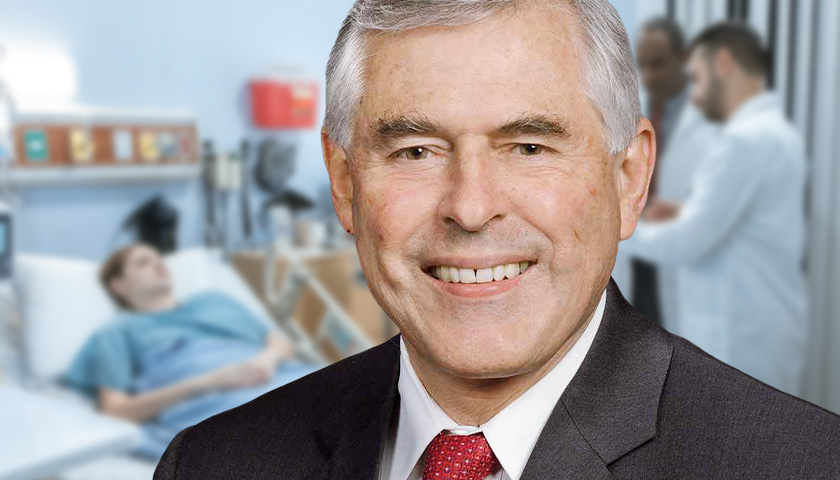With Republicans in control of the House of Delegates and the governorship, and with a pro-life Democrat in the Senate who could offer ties to the Republican lieutenant governor, there were high hopes for pro-life policy when the 2022 General Assembly session began. But with the session approaching its March 12 adjournment, only a few lower-profile pieces of pro-life legislation will make it to the governor’s desk.
“In many ways, it was very much what we expected. We expected the Senate to be nothing but a giant roadblock to any rational or reasonable legislation that would have truly moved the ball forward for protecting unborn children and their mothers. And they did exactly that,” Virginia Society for Human Life President Olivia Gans Turner told The Virginia Star.
Turner said that this session was more pleasant than recent years, “because there were many members who were interested in trying to do something, trying to really move the needle and make progress. Now, as I say, one has to be realistic about what you have in front of you. What we have in front of us is a giant roadblock called the Virginia General Assembly Democratic caucus.”
Delegate Buddy Fowler’s (R-Hanover) and State Senator Frank Ruff’s (R-Mecklenberg) companion bills HB 16 and SB 63 expand Virginia’s safe haven law. They provide some legal protections to both parents and hospitals when a parent safely delivers their child to a safe haven facility within 30 days of birth, an expansion of the current 14 days. Both bills passed the Senate without any votes against, and received broad bipartisan support in the House of Delegates.
Delegate Matthew Farriss’ (R-Campbell) HB 50 is still working its way through the General Assembly; if it passes, it will create a 24-hour hotline to provide information about safe haven laws.
“While it certainly doesn’t prevent any abortions, it is certainly a strong pro-life bill because it does create another avenue to help mothers who are facing complicated pregnancies and births so that they can get safe and successful information before they make the fatal decision, or the final decision to relinquish their child to a safe haven situation,” Turner said.
State Sen. Mark Peake (R-Lynchburg) sponsored SB 163, which passed out of the Senate in a unanimous vote but out of the House along party lines. The bill prevents a woman from being forced to abort a baby under the terms of a surrogacy contract.
“If there’s a surrogacy contract situation where individuals make a contract with a woman to carry a child, a couple would not be able to require that that woman have an abortion or pregnancy reduction,” Turner said. “If, for instance they find out that mother’s carrying triplets but they only wanted one or two babies she’s carrying and/or for any other reason.”
Delegate Nick Freitas’ (R-Culpeper) HB 304 to require abortion doctors to protect babies born alive despite an abortion attempt failed in the Senate Rules Committee on Friday after Republicans forced it into committee when Senate Democrats appeared about to violate norms by removing the bill from committee dockets.
On Thursday, the Senate Education and Health Committee killed Delegate Karen Greenhalgh’s (R-Virginia Beach) HB 212 requiring women to provide informed, written consent to an abortion, with information about the procedure and the fetus required to be provided to the pregnant woman. The bill failed in a 10-5 vote, with State Sen. Siobhan Dunnavant (R-Henrico) joining Democrats in opposition.
At the beginning of the session, Democrats dreaded potential abortion bans like Freitas’ pain-capable abortion ban, which would have banned most abortions after about 20 weeks. But House Republicans didn’t even grant that bill a committee hearing. Turner said that was a strategic decision to wait, since there would be little Senate support for the bill.
Before the session, there was speculation that Senator Joe Morrissey (D-Richmond) could join Republicans to force such a bill out of committee in a majority vote. Turner said that would have been as big of a norm violation as the attempt to pocket veto Freitas’ born-alive bill.
“There are decisions that are made when you have bills before the General Assembly. Bills are often introduced, but it isn’t stupid on the part of the leadership to make decisions,” she said.
The VSHL is still watching federal legislation, and some pro-life legislation may be reintroduced in the 2023 General Assembly Session. But Turner is also hoping the results of the 2023 General Assembly elections will allow bigger pro-life gains in the 2024 session.
“The next step is to win the Virginia Senate and to hold on to a pro-life majority in the House,” she said. “I have a feeling some of what we’ve seen this year will come up again. It will continue to be hotly contested.”
– –
Eric Burk is a reporter at The Virginia Star and The Star News Network. Email tips to [email protected].





